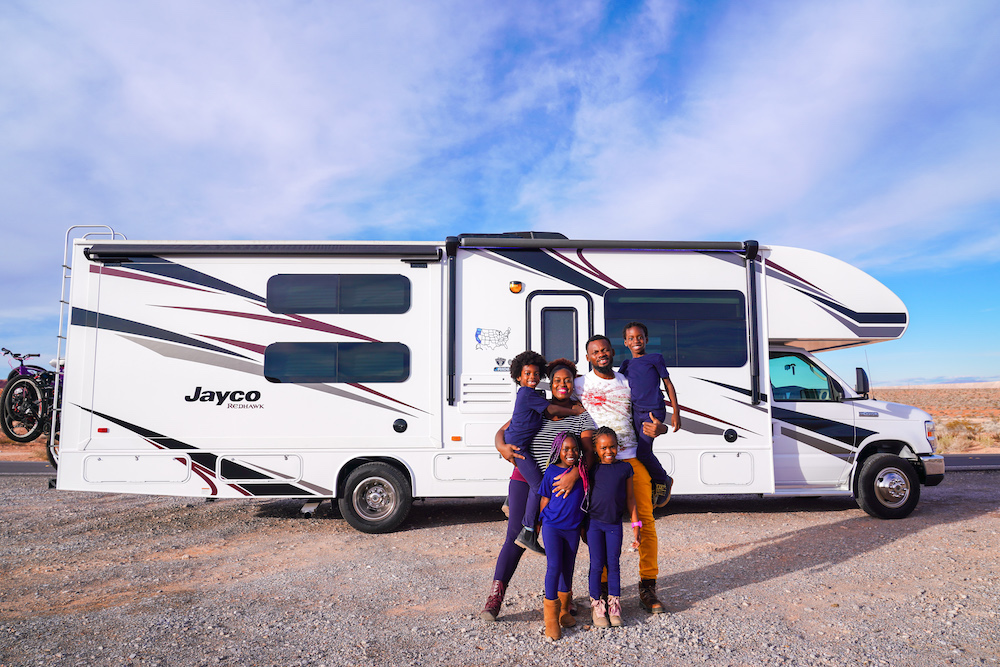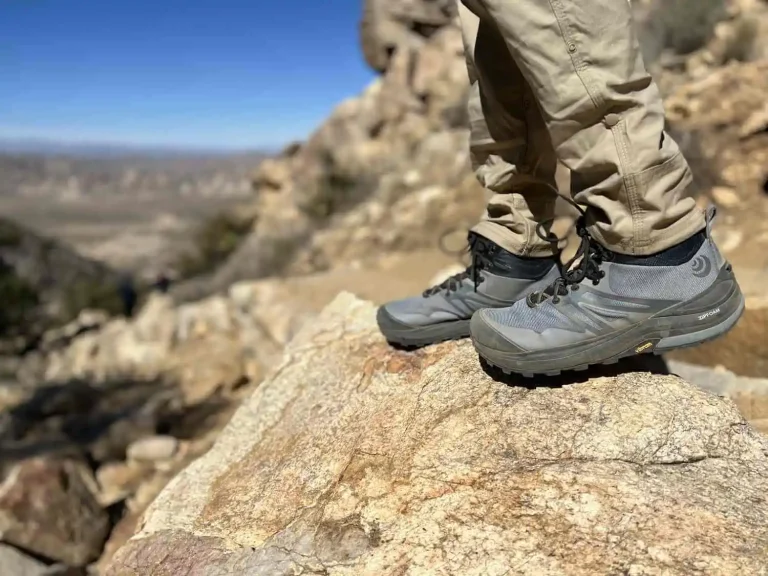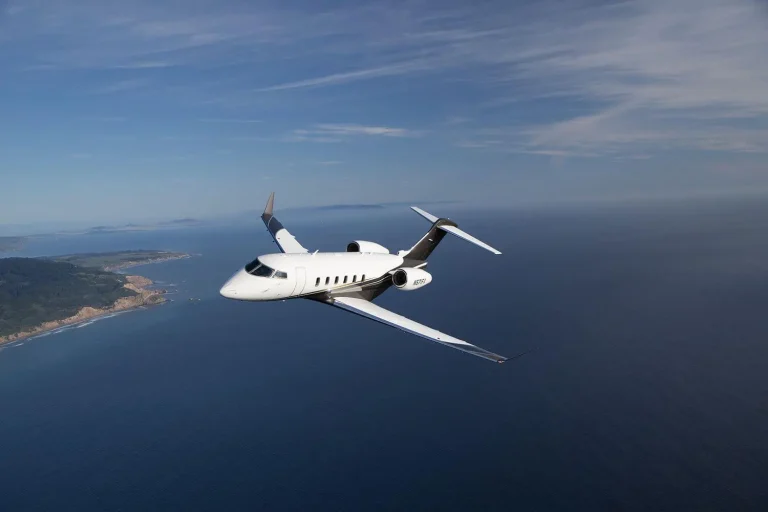The Beginner’s Guide to Motorhome Travel
Choosing the Right Motorhome:
Embarking on a motorhome journey is an exciting venture, but the key to a successful trip lies in selecting the right motorhome for your needs. Consider factors such as size, amenities, and fuel efficiency. Class A motorhomes offer luxury and space, while Class C models provide a good balance of comfort and manoeuvrability. For beginners, a Class B might be a more manageable option. Don’t forget to think about your budget and whether you prefer a new or used vehicle. If you are not renting, don’t forget to compare motorhome insurance to find the cheapest quotes for your journey.
Planning Your Route:
A well-planned route sets the stage for a memorable adventure. Utilise online trip planners and mapping apps to outline your journey. Consider the scenic routes, points of interest, and potential stops along the way. Be realistic about daily travel distances, allowing time for unexpected discoveries. Plan for rest days to recharge and explore the surroundings. Flexibility is key – be open to detours and spontaneous side trips that can turn a good trip into a great one.
Researching Campsites:
Not all campsites are created equal. Research and choose campsites that align with your preferences and needs. Look for facilities such as water and electric hookups, dump stations, and Wi-Fi if it’s essential. Consider the ambiance – whether you prefer a secluded spot in nature or a lively campground with amenities. Online forums and reviews from fellow travellers can provide valuable insights into the best campsites along your route.
Packing Essentials:
Packing for a motorhome trip requires a balance between essentials and avoiding clutter. Prioritise items like bedding, cookware, and toiletries. Ensure you have necessary documents, including your driver’s licence, insurance, and registration. Don’t forget tools for basic repairs, a first aid kit, and a well-stocked kitchen for on-the-road meals. Create a checklist to avoid overlooking crucial items and to streamline the packing process.
Driving and Navigation Tips:
Driving a motorhome differs from handling a regular vehicle. Take the time to practise in an open space before hitting the road. Pay attention to blind spots and practice manoeuvring in different conditions. Use GPS systems designed for RVs to navigate safely, considering road restrictions and low clearance areas. Plan fuel stops strategically, as not all gas stations are equipped for larger vehicles.
Navigating & Setting Up at Campsites:
Arriving at a campsite can be both exciting and challenging. Take it slow when navigating within the campground, especially if it’s your first time. Be mindful of your surroundings, including overhanging branches and uneven terrain. Once parked, levelling your motorhome is crucial for comfort. Familiarise yourself with your RV’s systems, such as extending slide-outs and hooking up utilities. Practice makes perfect – setting up will become more efficient with experience.
Safety and Maintenance:
Prioritise safety on the road by conducting regular maintenance checks before each trip. Inspect tires, brakes, and fluid levels. Carry a fire extinguisher, smoke detector, and carbon monoxide detector inside your motorhome. Develop a basic understanding of how to troubleshoot common issues, and know the location of emergency exits. Adhering to safety protocols ensures a secure and worry-free journey.
Budgeting for the Road:
Effective budgeting is crucial for a successful motorhome trip. Consider fuel costs, campsite fees, and maintenance expenses. Plan for occasional indulgences, such as dining out or visiting attractions. Keep track of daily expenses and adjust your budget as needed. Be prepared for unforeseen costs, and consider joining RV clubs for discounts on campsites and other services.
Handling Challenges on the Road:
No journey is without its challenges. Stay calm and adaptable when faced with unexpected situations. Weather changes, road closures, and mechanical issues are all part of the adventure. Have contingency plans, such as alternative routes and backup campsites. Embrace the learning curve, and don’t hesitate to seek advice from fellow travellers or check out the numerous online communities about motorhoming.







